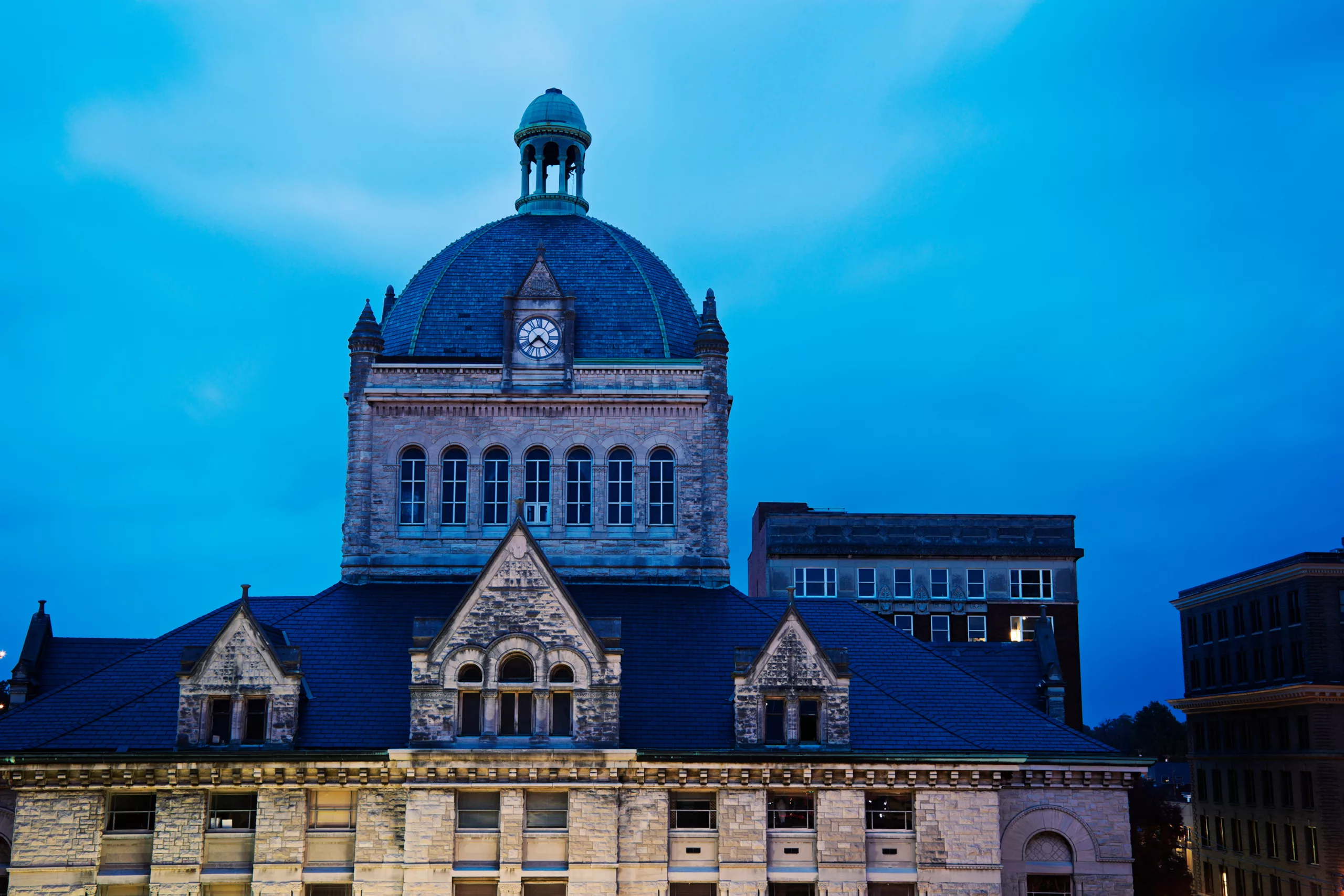Lexington tourism bureau used public funds to pay $284K in bonuses, raising constitutional questions

LEXINGTON, Ky. — The Lexington Convention and Visitors Bureau (VisitLex), a city government component unit tasked with promoting tourism and economic development in Lexington, has come under legal and ethical scrutiny following the allocation of substantial bonuses to its employees. The bonuses were funded through the transient room tax assessed on overnight accommodations in Fayette County, raising questions about the constitutional and statutory compliance of such payments.
According to documents released to the Lexington Times under the Kentucky Open Records Act, in the Fiscal Year 2024 VisitLex distributed bonuses totaling $284,745.05 to its staff, a move seemingly in violation of both the Kentucky Constitution and state statutes. Mary Quinn-Ramer, President of VisitLex, was awarded a $56,507.20 bonus, boosting her total yearly compensation to $339,043.20.
These bonuses were in addition to significant base salaries; a recent report by the Lexington Times disclosed that four VisitLex executives’ regular pay, including Quinn-Ramer with an annual salary of $282,536, surpassed the earnings of Lexington Mayor Linda Gorton.

Guidance issued by The Kentucky League of Cities highlights the potential illegality of these bonuses, citing Section Three of the Kentucky Constitution and KRS 83A.070, which collectively prohibit any additional compensation beyond that stipulated by ordinance for city officers or employees.
VisitLex’s operations are primarily funded through a 9.5% hotel tax in Fayette County. Proceeds from the tax are divided between VisitLex’s funding and meeting the Lexington Convention Center’s financial obligations. In 2016, the Urban County Council approved a 2.5 percentage point increase in the tax to finance the Convention Center’s near $250 million refurbishment.
For the fiscal year 2024, VisitLex boasted a budget of $14 million, with proposals underway to increase this to $16 million. The decision to award bonuses was taken by the Bureau’s Executive Committee, composed of Councilmember At-Large James Brown, hotelier Manish Patel, and LFUCG Chief Administrative Officer Sally Hamilton.
The governance structure of VisitLex involves a nine-member Commission appointed by the Mayor for three-year terms, representing various sectors relevant to Lexington’s tourism and economic landscape. Additionally, a non-voting ex-officio panel of up to seven members complements the Commission, which convenes monthly.
Established in 1974 by the Lexington-Fayette Urban County Government ordinance and authorized by KRS 91A.350, the bureau’s stated mission is marketing Lexington’s Bluegrass region, aiming to drive economic impact through tourism and meetings, thereby enhancing local quality of life.
The recent revelations about VisitLex’s large bonuses and salaries have reportedly sparked a debate within city hall. A source revealed that a senior city staff member expressed apprehension about the discrepancy between VisitLex’s executive compensation and that of city government officials, noting the disparity between a VisitLex executive overseeing a $16 million budget and a city commissioner responsible for a $480 million budget. Furthermore, Mayor Gorton was not privy to the details of these compensation packages until they were reported by The Lexington Times, the source added.
Recommended Posts

Kamala Harris needs a VP candidate. Could a governor fit the bill?
Fri, July 26, 2024
After cyber-attack on Jefferson County Clerk, Fayette counterpart discusses precautions
Fri, July 26, 2024
An eastern Kentucky animal shelter is swelling this summer
Fri, July 26, 2024